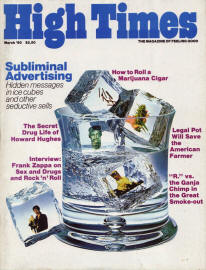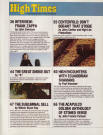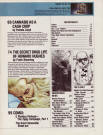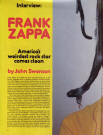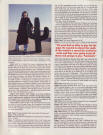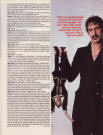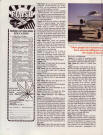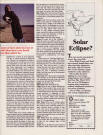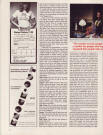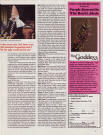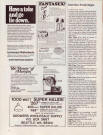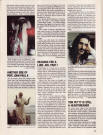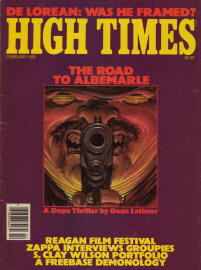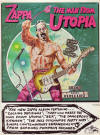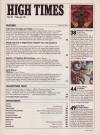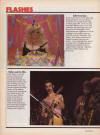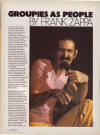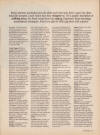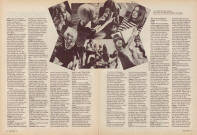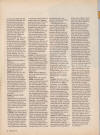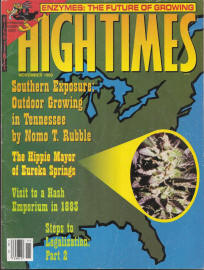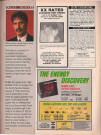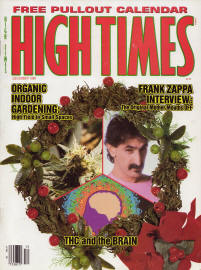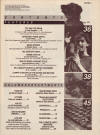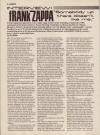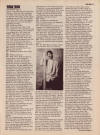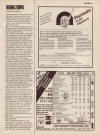High Times
Since its launch in 1974 by cultural outlaw and international drug smuggler Thomas King Forcade, High Times magazine has served as a preeminent showcase of the American counterculture.
Conceived to "bring a new consciousness into the media," the magazine's first issue sold 25,000 copies. Although the past 30 years have spanned three editorial reigns, High Times has remained committed to its sharp defense of free speech, constitutional rights and the freedom of the individual. (alan-53 @ eBay)
1980 March
No. 55
Frank Zappa: America's
Weirdest Rock Star Comes Clean
By John Swenson, pp 36-43, 96
Reasons For A Lube Job, Part I
By Jake Poobah, p 105
High Times: Do you actually police your bands for drug use?
Zappa: Yeah. Absolutely.
High Times: Because you thought that would
interfere with their ability to play?
Zappa: It interferes on several levels. First
of all, if guys are totally ripped they can't play. They just
can't do it, you know. If you rehearse a band for two months
to go on the road, they have to learn a show like clockwork
so they can perform it under any circumstances. If something
goes wrong onstage, they keep playing. It's like commando-warfare
training. You go through the rehearsals and by the time you
come out of it, you know that show backward and forward. That's
the idea. That's what they're being paid to do, so that when
you go in front of an audience that demands to be entertained,
you can deliver and give it your best shot. Now if you go out
there wrecked out of your mind, you're not going to be able
to remember your sequence of events. You're going to make instrumental
mistakes that are going to throw off the balance of everything
else. The whole thing falls down like a stack of dominoes. (read
more)
Frank Zappa: Will you explain what a groupie is?
Jenell: A groupie is a young kid. I don't know what age, it doesn't even matter because I'm still a groupie and I'm seventeen, but it's a girl or a guy who finds a group of singers and runs around and follows them, thinks they're groovy and follows every word they say and sort of idolizes them. It's an idolizing-type thing. You fall in love with the people in there and you get to memorize word for word. We used to just sit and think about you people all the time. It was beautiful for us, though. You were really very happy and completely involved in their lives and what the group does and every record and every word on their album. (read more)
1989 December
No. 172
Frank Zappa
Somebody up there doesn't like me.
By Elin Wilder, pp 36-37, 75, 87
HT: Do you think censorship is an issue in everybody's life?
FZ: It should be a big issue in everybody's life because the thing that makes your life beautiful is the fact that you get to express yourself as an individual. There are people who willingly give up their right to be an individual and trade it for some imagined security. But I think that if people would just reflect on it, the most valuable thing you have is your personal freedom. Censoring what you say is one of the ways in which people who are not nice can take away your personal freedom. You shouldn't be willing to give up a scrap of it. You have a Constitutional guarantee to it. The way I look at it, that's a contract between me and a bunch of guys whose salaries I pay through taxes. We ought to take full advantage of the fact that we have this contract with our government. We should make the government stand and deliver on it. (read more)
